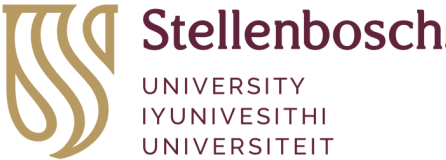Postgraduate Modules
All students must complete the Research Methodology module provided by the Department of Mechanical and Mechatronic Engineering during the first semester of the academic year (February to June). Additionally, supervisors may require students to undertake supplementary self-study or attend lectured coursework. The necessity for such additional coursework is at the discretion of the supervisor, who may prescribe specific modules to be completed. Factors influencing this decision typically include the student’s academic history, prior performance, and the particular requirements of their research topic.
13863-814 Research Methodology – compulsory to all MEng students (Research & Structured)
The module is structured around the scientific method and includes topics such as the scientific method, how to perform a literature study, use of e-databases, using the library, research ethics (and the related requirements and procedures at Stellenbosch University), plagiarism (including self-plagiarism), how to publish yourresearch, scientific writing, data handling and representation, and area-specific research methodologies. The content will be presented by subject-specific guest speakers and will be made available online (via SUNLearn).
The module is presented as a block module and spans a total of four days. Please see the module framework for details regarding the dates, times and content. Please note that since this is an online module, some of the material can be completed at your own pace. However, most of the sessions like the technical writing workshop, the MATLAB workshop and the presentations by the library and Elsevier are presented during the block days allocated for the module and attendance is required. These online workshops and sessions will be presented in the form of live MSTeams sessions.
The definitive outcome of the module is a research proposal accepted by your supervisor. This is a requirement for continuation with a research-based Masters study at the end of the first semester. Please see the module framework for additional required outcomes.
PREREQUISITES:
Acceptance into the MEng programme.



